And soon, democracy may become one too, says the Scottish member of Progressive International.
And soon, democracy may become one too, says the Scottish member of Progressive International.
A world in turmoil: International relations and transatlantic power balances are changing day by day. The UN system is questioned, the Israeli genocide in Palestine leads to question marks behind international law and basic human moral values. These tendencies have consequences for the domestic shape of countries traditionally known as liberal democracies.
We spoke about these issues with Coll McCail, Scottish member of the Progressive International.
So what did you observe regarding the international rules-based order recently?
So, I think that the rules-based international order, as it’s called, has only ever really existed as an informal set of norms that preserve the dominance and the hegemony of the United States.
And what we’re seeing just now over the last 24 months in the genocide in Gaza in particular, is that that rules-based international order and the institutions which it established are crumbling and they’re crumbling before our eyes. We see the ICC, which prosecutors themselves have described as a court for thugs and Africans, I think is the quote, issue arrest warrants for Benjamin Netanyahu and his defense minister, and then never be applied by Western states.
These Western states who we are told every day are paragons of virtue and liberalism. So the contradictions to that rules-based international order are now so obvious that we are seeing a reaction against them. And I think that that is the myth of the rules-based international order.
Is the US bombing of Iran another example of that?
Absolutely. It is an example of how where once in 2003 in order to orchestrate an illegal military intervention in the Middle East, the US then went to the UN, they sought the consent of the United Nations, they sought to win over governments in Europe.
It took a long time to manufacture consent for the illegal invasion of Iraq, whereas what we saw with the US’s strike in Iran is that process jammed into a matter of hours and days. No need to assemble that coalition of the willing, no need to go to the UN. And strikes which are so severe that, as I said in my contribution, in some countries would trigger nuclear retaliation. So I think that absolutely, as you say, the strike in Iran is an example again of fraying at that rules-based international order.
And what does it mean for the struggle for multipolarity then, if the UN system is failing?
I think the struggle for multipolarity, the struggle for a world based on cooperation, mutual respect, on unity of peoples and against war is in some ways a struggle for what the architects of the United Nations Charter envisaged, but because of the nature of imperialism, because of the nation states who are hegemonic in the system of the last 70 years, the institutions of multilateralism have deviated so much from that founding vision. And I think the struggle for multipolarity is in many ways a struggle for the UN Charter to be put into practice in the international system as it was written.
Some questions regarding Britain. Palestine Action. What’s going on there?
So, the Palestine Action is about to become a prescribed terrorist organization in the United Kingdom, and that will mean that an expression of support for Palestine action could land Any individual 14 years in prison?
Now that is not only an incredible assault on free speech on freedom of assembly on Activists who are taking action in favor of international law to uphold international law to end Britain’s complicity in the genocide in Palestine, but it is more evidence of the contradiction that I just talked about, where if you act against international law, as the Israeli state has done for so many months now, for so many years, then you remain an ally of the British state. The British state will send you weapons.
The British state will defend your right to self-defense. Whereas if you take action against the perpetrators of grave war crimes, war crimes that have raised a hundred and eighty thousand people directly and indirectly from the face of the earth, you will be badged as a terrorist. So once again exposing the hypocrisy of our ruling elites in the West.
And how is the public opinion reacting to this?
There have been huge demonstrations in London in defense of Palestine Action. I think the anti-war movement is united in defense of Palestine Action. I noticed just as I arrived today that The Guardian and an editorial have come out against the prescription of Palestine Action. So I think that what that is evidence of is a broader consensus that views this attack on Palestine action as an attack on our freedom of speech, on our right to assemble. And it’s not the first time.
So, in January of this year, Jeremy Corbyn, John McDonnell, leaders of the progressive movement in Britain, were pulled in for interview by the Metropolitan Police on account of their role in an anti-war demonstration and a pro-Palestine demonstration. So this is the latest in a crackdown by the UK government, and it has to be resisted, and it is being resisted.
Is the Palestinian resistance becoming part of a wider resistance against new authoritarian moves in Western countries?
Absolutely. I think through the prism of Palestine and the pro-Palestine movement, people are challenging attacks on their civil liberties. They are witnessing the fact that once a prescription is passed for an organization like Palestine Action, it could come for the trade unions, it could come for climate activists. So it sets a dangerous precedent that we really have to challenge.
We’ve already, Britain already has the harshest anti-trade union laws in Europe. What does it mean if you can prescribe an organization like Palestine Action who justly take peaceful non-violent action? What does it mean for the trade unions and other movements? So I think through that prism of Palestine the trade unions and other movements? So I think through that prism of Palestine we’re seeing a broader movement for civil liberties.







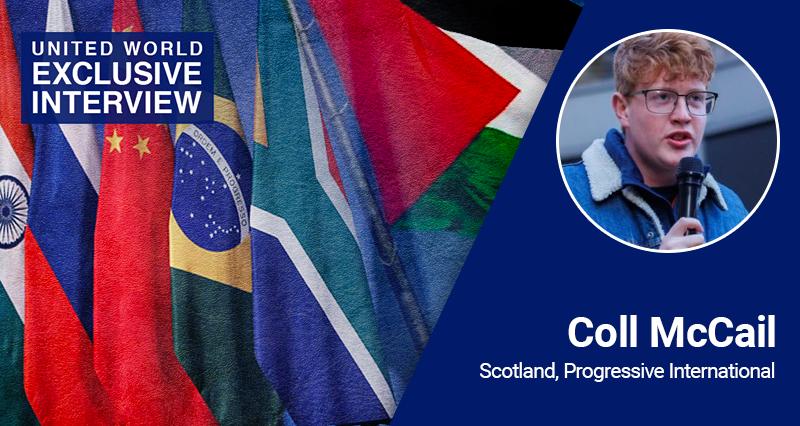
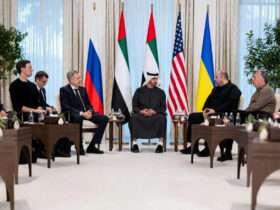
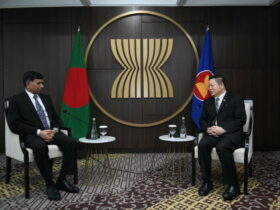

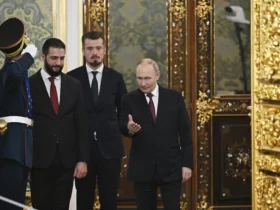
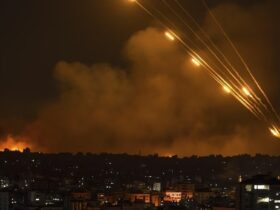
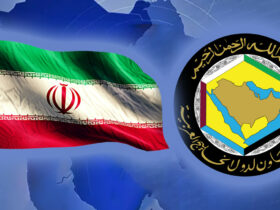

Leave a Reply